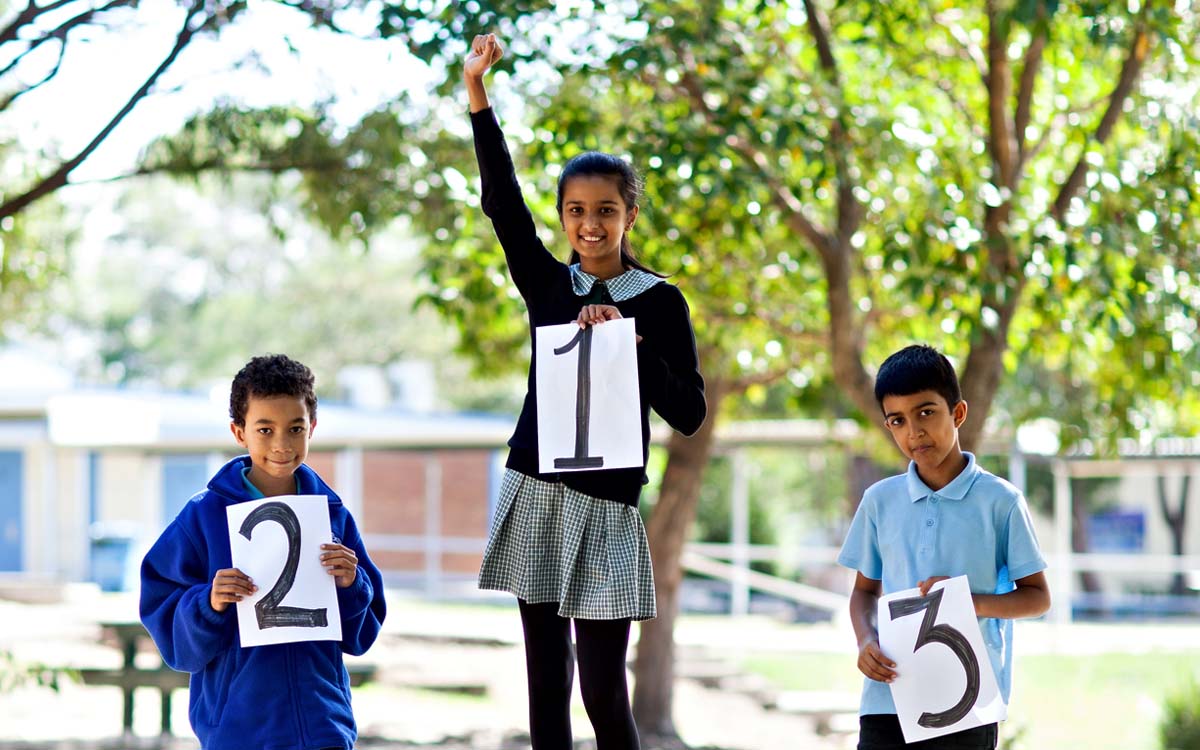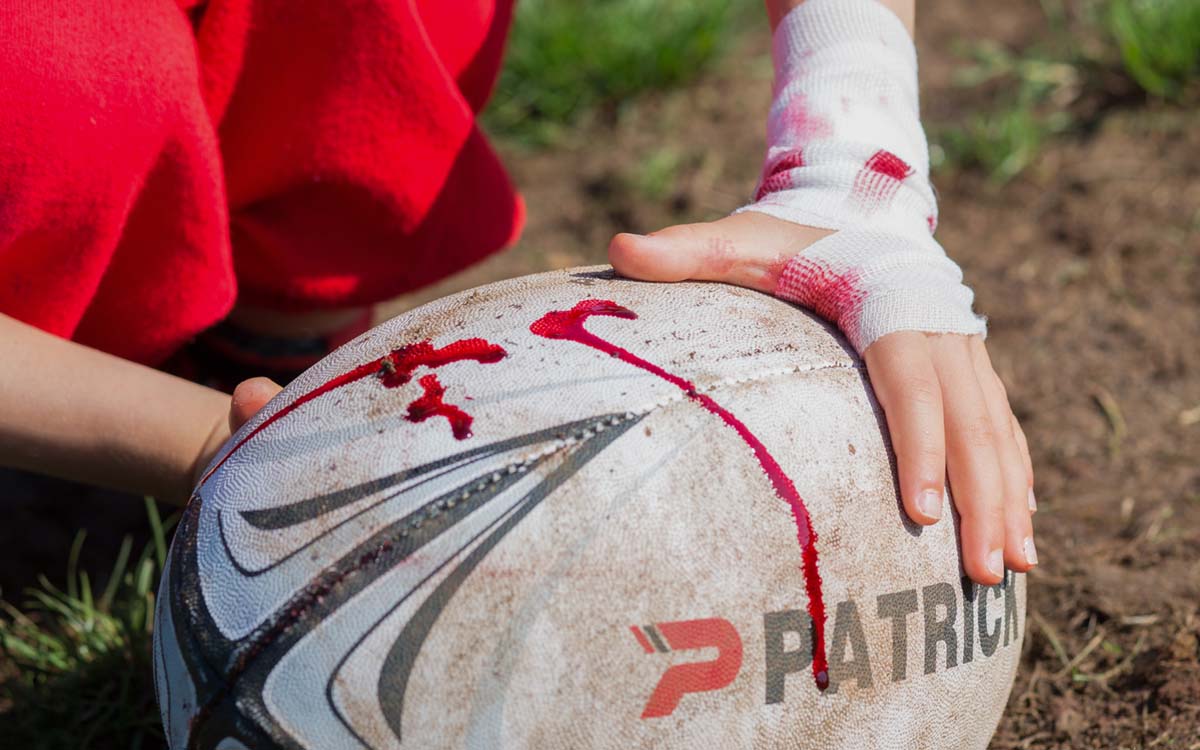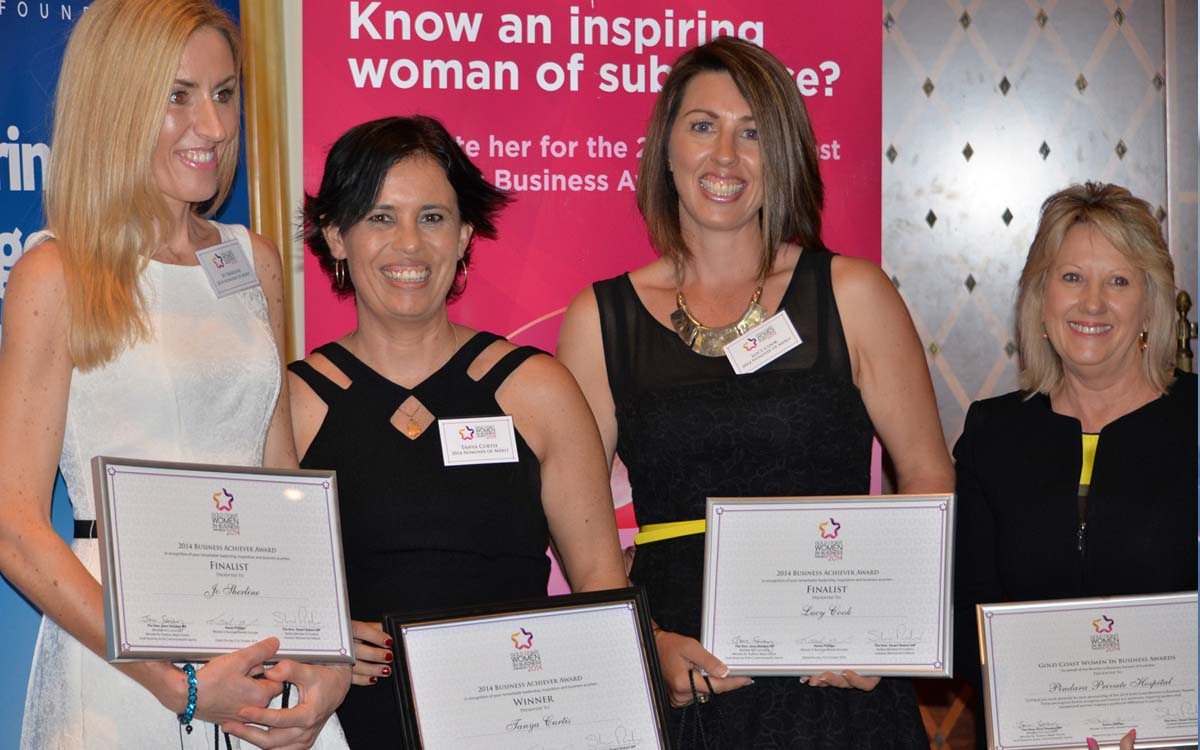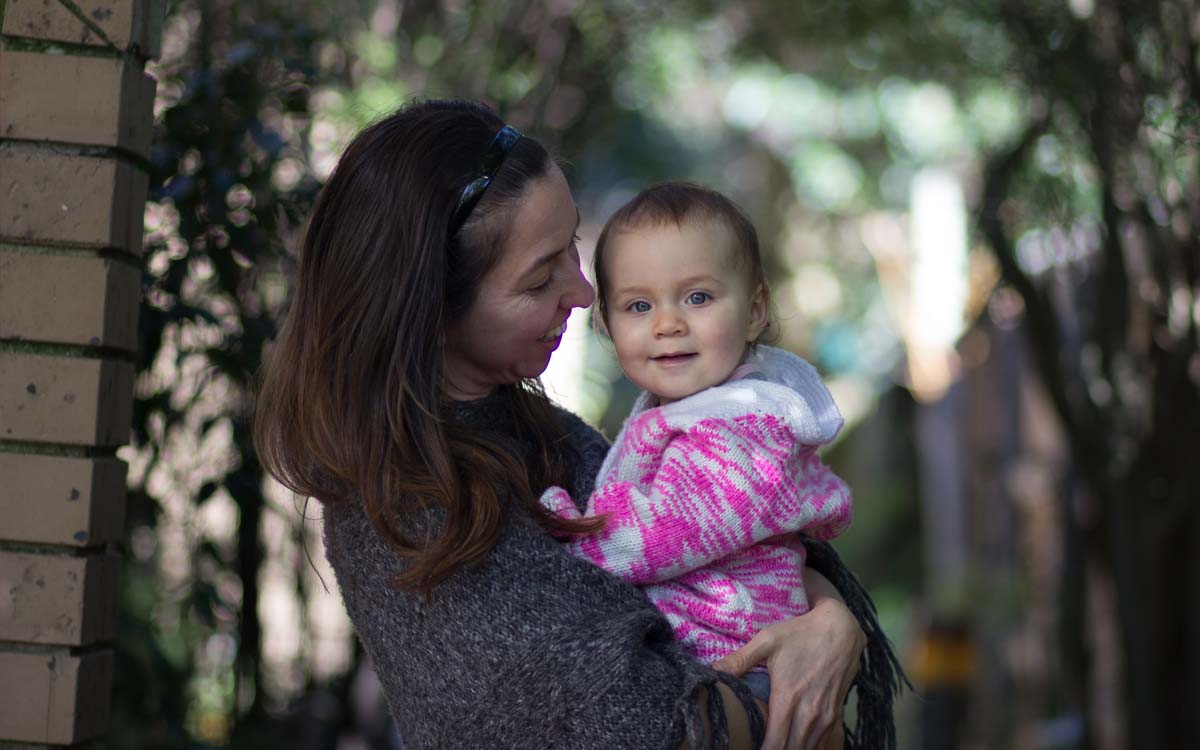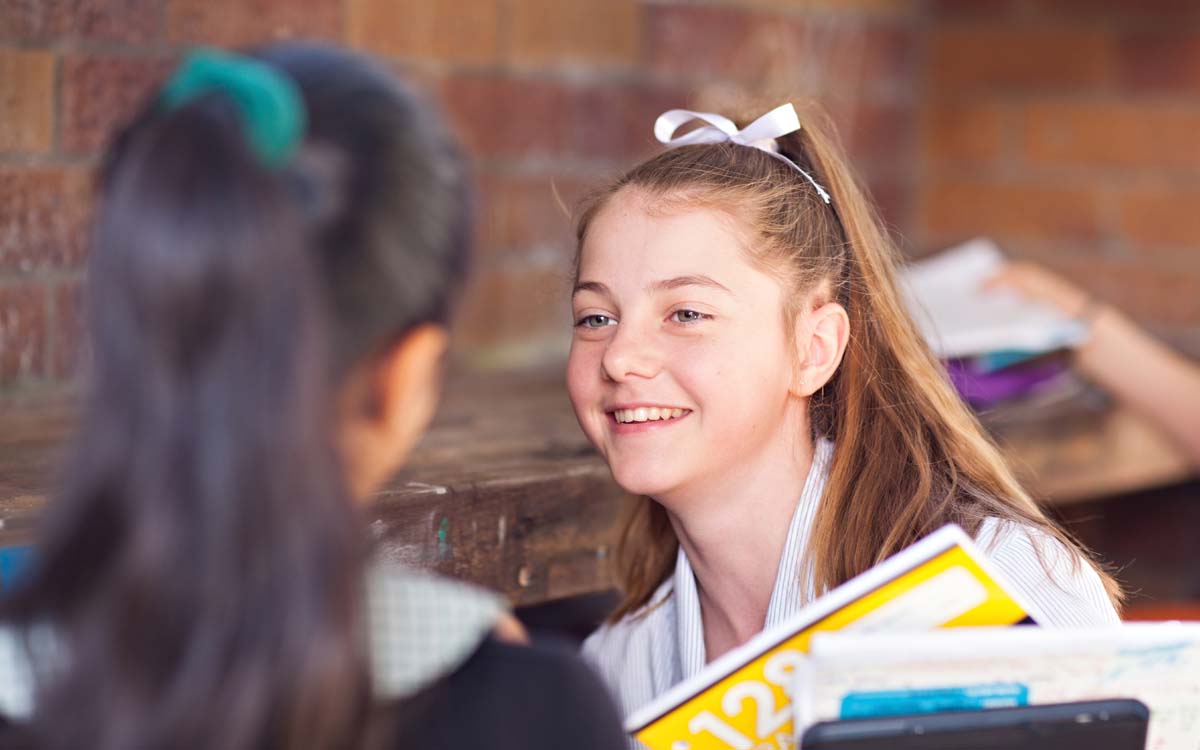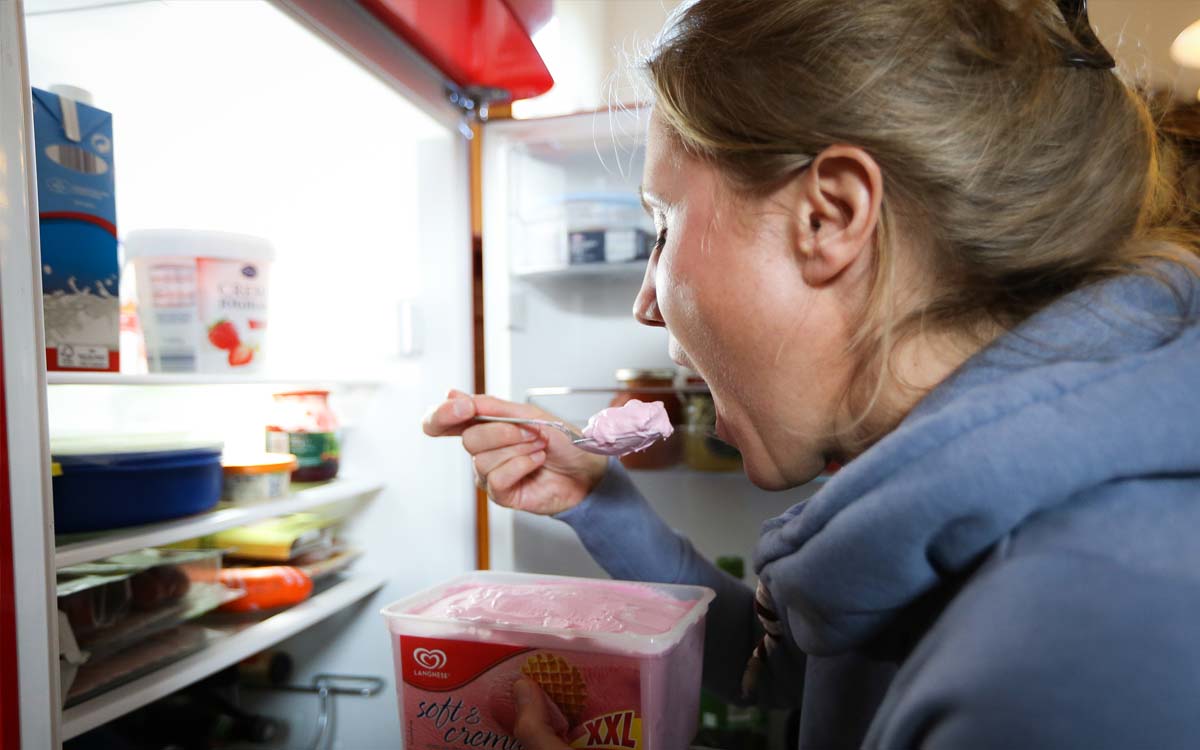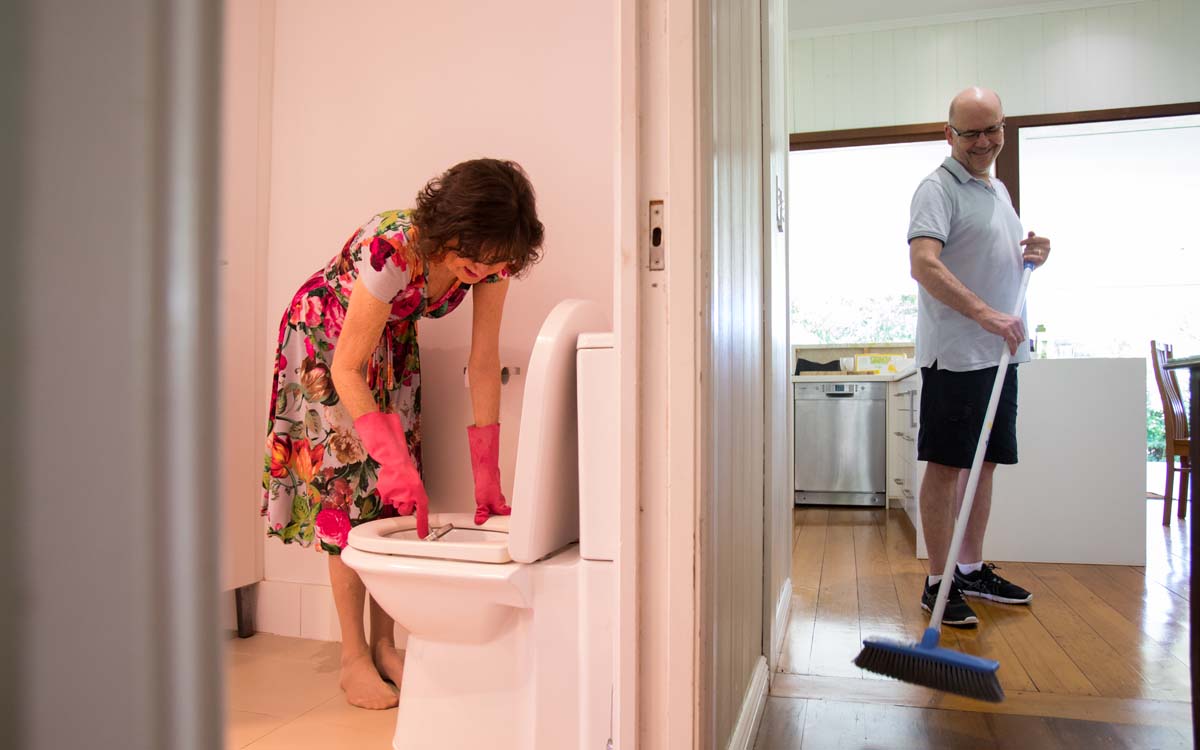Question:
Can you teach competitiveness to your children? My child does not have any interest in competing in sport or other activities and sits back to allow someone else to win. She is happy to participate, however doesn’t express that ‘mongrel’ that some children seem to use to fuel their passion. Is this something you can teach your children or is it a good/bad quality?
Tanya’s Response:
The simple answer to your question is “yes, you can teach competitiveness to children”. However, the question I ask you back is: “Do you want to teach competitiveness to children?” Some people share that competitiveness is good for our development … “it’s good to have some healthy rivalry”. But what is ‘healthy rivalry’ … and more importantly is rivalry ever healthy?
At Fabic we see that ‘competitiveness’ is contributing to a large amount of anxiety and deterioration in a person’s psychological well-being.
Competitiveness contributes to symptoms of low self-esteem for some, or an overconfidence and superiority over others. Although these symptoms appear on a polar opposite spectrum they surprisingly are all fed by competition and all stem from the same root cause of ‘not feeling good enough’ as we judge our value based on what we do.
Competition has a key element of comparison.
The core of comparison is people subscribing to the belief that there are people who are ‘better than others’ while others are ‘lesser than others’. This can never be a truth as at the core we are all equal. We are all awesome, amazing, lovable beings — this is irrefutable.
Yes, it is also true that we all have our own strengths and weaknesses. And yes, it is true that some may have ‘better skill development in certain areas’ then others. But our skills are not who we are — our skills are what we do.
If as a society we made competition about who has the better skills, we would be more honest … however, the language of competition and comparison is not based on ‘who has the better skills’ rather ‘who is the better person’ or ‘which is the best team’ or ‘who is the best’ … knowing that with a best, there is also a worst.
With this style of competition and comparison in our language we are experiencing an epidemic of people judging themselves and each other based on ‘who is the best’ and ‘who is the worst’.
What if sports, playing games, debating teams and all that involves competition are not based on ‘who is better or worse’ rather on ‘being with each other’. Yes, we can play games, kick a ball and even have a debate; but what if we did this from the approach of not creating separation between individuals and teams, rather bringing a unity of knowing that no matter what, we are all equal.
This article and its accompanied image were originally published on the Haven for Families Magazine’s Haven E-hub.
